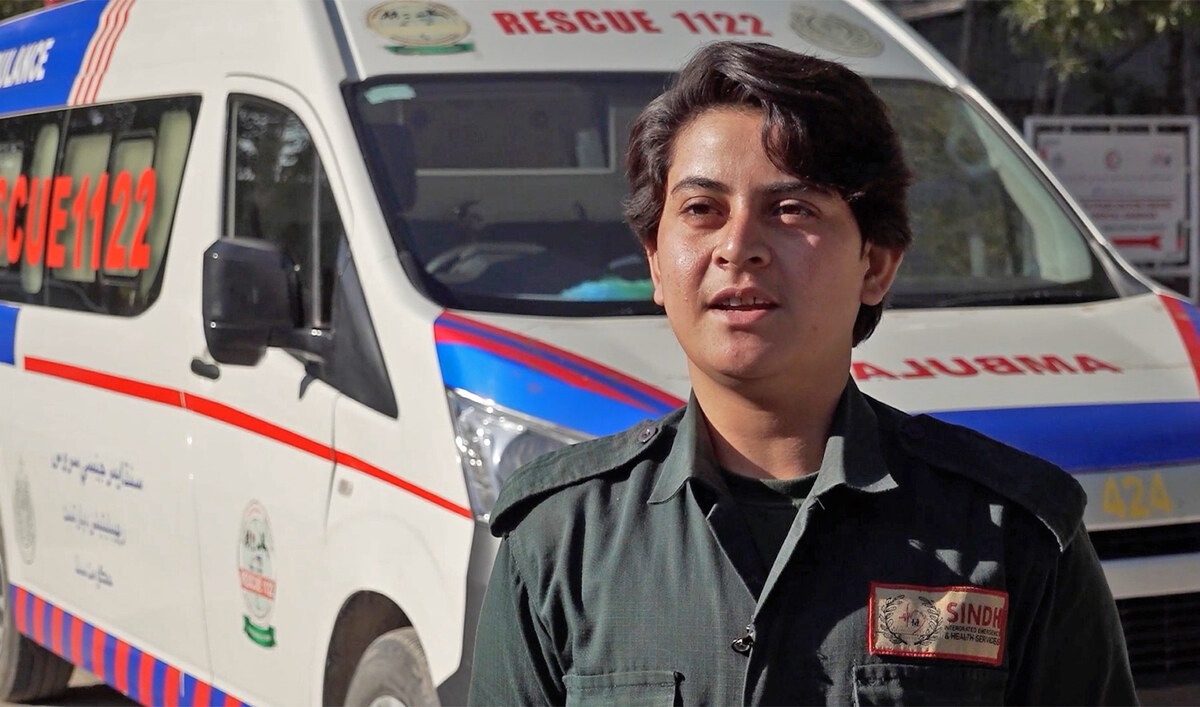MATIARI, Sindh: Muslims around the world often slaughter sheep and cows at the annual Eid Al-Adha “feast of the sacrifice” but some Pakistanis are thinking bigger.
Ahead of this year’s Eid holiday, traders from around the country are making their annual trip to the Hala market in the southern Matiari district, which is dedicated to animals for auction — but not sheep or cows, but camels.
“The biggest camel market in Pakistan is in Hala. Camels are brought here for trading from different cities, districts and divisions,” said Muhammad Akhtar, a trader who had arrived from the southwestern city of Quetta nearly 700 kilometers away to purchase camels ahead of Eid.
“This market is busy year-round. Camels are supplied here from all over Pakistan.”
Traders at the market listed some of the famous breeds, including Laari, Thari, and Saakrai, with Laari being the most expensive.
“There are different prices for camels depending on their beauty,” Akhtar said. “The sacrificial [Eid] camels are obviously the most expensive. Laari is the most expensive breed, so its price is higher.”
A Thari breed, weighing 8-9 maunds, can cost up over $3,000 around Eid time, while the Laari and Saakri kinds can go for over $6,000. Another breed, the Sindhi, can sell for up to $4,600.
“Camels are costlier on the occasion of Eid-ul-Adha compared to before Eid,” Akhtar said. “Due to the arrival of Eid, rates are higher.”
Pakistan’s consumer price index (CPI) in May rose 11.8 percent from a year earlier, the lowest reading in 30 months and below the finance ministry’s projections, though consumers around the country still complain of exorbitant prices of food and energy.
Pakistan has been beset by inflation above 20 percent since May 2022. Last May, inflation jumped as high as 38 percent as the country navigated reforms as part of an International Monetary Fund bailout program. However, inflation has since slowed down but customers at the Hala market weren’t happy.
“I come to Hala every year to buy two sacrificial camels for my business. I prefer Sindhi camels, but they are quite expensive,” said Sher Muhammad Lulai, who had traveled hundreds of kilometers from a town in Punjab with a budget of around $2,100, which turned out to be much less than anything available.
“I will purchase if I find suitable ones, or I will return without buying anything.”
Asghar Ali, another trader from Punjab and a resident of Mian Channu, said he had purchased 15 camels from Hala market to take back to Punjab but prices had been back-breaking.
“Compared to last year, the cost has increased by Rs100,000 rupees [$350] but I have no choice but to purchase them, as this is my livelihood,” Ali said. “I will sell them back home and trust that God will provide me with sustenance,.”
“MARKET IS DOWN”
It’s not just buyers who are complaining. Sellers too said they were struggling to find customers this season.
Sher Khan, a trader from Usman Shah Huri in Sindh’s Tando Allahyar district, said he had brought two camels to the market to sell but failed thus far to find buyers.
“I am demanding RS1.8 million ($6,392) for my two camels, but despite being here for the last four days, I have not found a customer,” he said. “The market is very down, perhaps due to inflation.”
Saadullah Brohi, another trader from Quetta, said he had been coming to Hala to sell for 22 years but had never seen the market “this slow” before.
“In the past, the market was good, but it’s not good anymore,” Brohi told Arab News. “However, we cannot do anything except adjust ourselves to survive as I have to feed my family.”



















